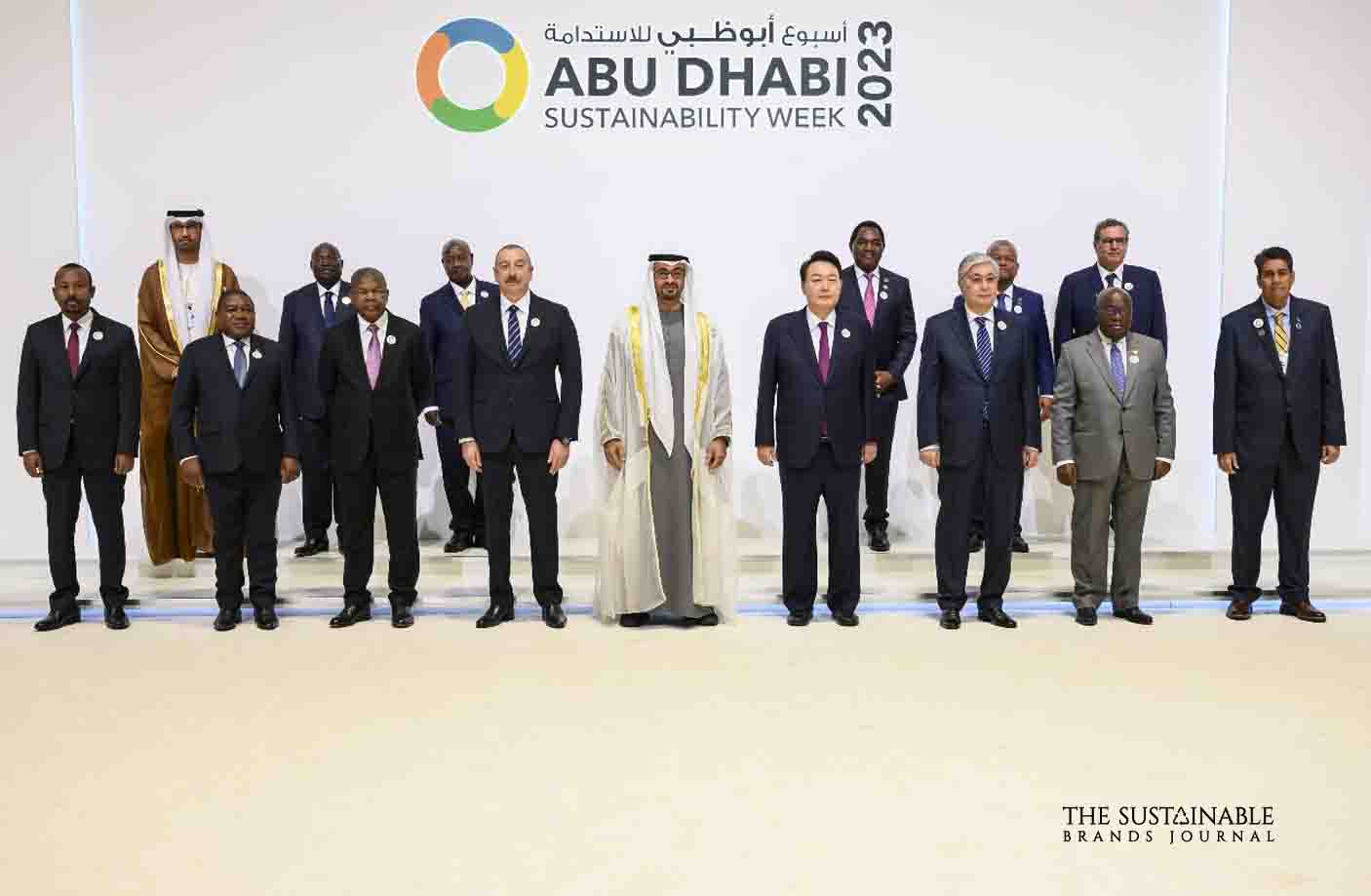
United Airlines will use lower-carbon fuels in San Francisco, London
United Airlines told Reuters that it will use lower-carbon aviation jet fuels for flights departing from San Francisco International Airport, and London Heathrow Airport, starting this year. The airline is part of a new effort by the travel industry to reduce climate warming emissions.
In some regions, airlines such as Qantas Airways and Cathay Pacific are embracing sustainable aviation fuel, which is made from feedstocks like used cooking oil or soybean oil. United (UAL.O), now anticipates consuming about 10 million gallons SAF in this year.
Lauren Riley, United’s chief sustainability officer told Reuters that the company is focusing on creating a sustainable fuel market, which does not exist at this time.
According to statistics from the International Air Transport Association, SAF represented less than 1% (of aviation fuel) in 2022. However, for the industry to achieve its 2050 goal of “net-zero” emissions, SAF must account for 65% of all fuel. According to statistics from the International Air Transport Association, the airline industry accounts for almost 3% of all global CO2 emissions. Many airlines aim for SAF to account for 10% of fuel in 2030.
United uses SAF for its departure flights from Los Angeles International Airport, and Schiphol Airport Amsterdam. United said that with the addition of SAF, it will be the airline to fly the most miles.
United Airlines began receiving SAF at San Francisco International Airport (SFO) in April, and will continue to receive SAF at London Heathrow in 2023.
United Airlines and its partners in the Eco-Skies Alliance are acquiring fuel from Neste, a Finnish producer of renewable fuels (NESTE.HE), for San Francisco International Airport. The alliance includes Deloitte and Microsoft, as well as Nike.
As part of the administration’s broader fight against climate change, Biden is targeting a minimum of 3 billion gallons per year of SAF production in the U.S.
Neste and BP are among the producers who make SAF using feedstocks like used cooking oil, animal fat and soybean oil. SAF reduces carbon dioxide emissions when compared with traditional jet fuel made from petroleum. However, it can cost up to two or four times as much to produce.
Riley described the SAF’s rollout in San Francisco and London as a “challenge of pace”. “How do we go faster?”

Prachi, an accomplished Chief-Editor at The Sustainable Brands Journal, has 15+ years of experience in Europe, the Middle East, and India, managing 90+ global sustainable brands. She’s a prolific writer in sustainability, contributing to various publications. Prachi’s unwavering passion and expertise make her a recognized authority, driving positive change and inspiring a sustainable future.





